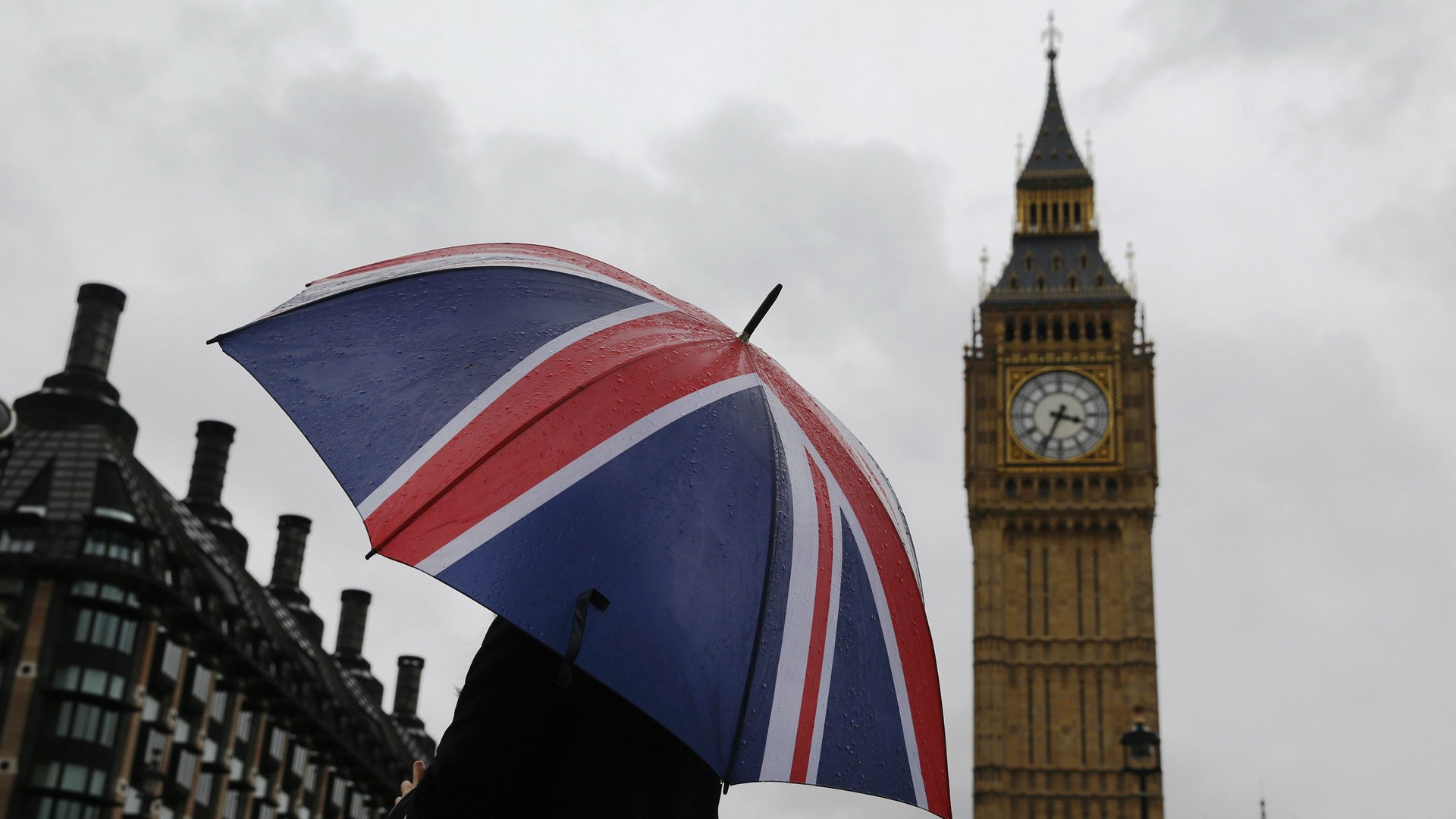A broker-crushing price war is coming to Britain’s stock-trading industry
As the US brokerage industry tumbles deeper into turmoil, there are signs that a similar price war is brewing in Britain.


As the US brokerage industry tumbles deeper into turmoil, there are signs that a similar price war is brewing in Britain.
The latest salvo comes from Freetrade, a commission-free app that offers trading in US and UK equities and ETFs for its customers in Britain. The startup is rolling out a new brokerage platform that it says will allow trading in fractions of shares, making it the first to offer such trading in UK-listed stocks. These slivers of shares can encourage new and small-time investors to give trading a try. The company plans to eventually offer continental European stocks.
Other brokerage apps in Britain only offer trading in US-listed stocks. London-based Revolut went live for some European customers during the summer, while Silicon Valley’s Robinhood plans to do so for UK customers early next year. Customers using Robinhood, for example, can invest in European stocks through American depository receipts, or ADRs. Freetrade says direct trading of European shares means its European customers can access more local companies’ shares, and they won’t be exposed to foreign-exchange fluctuations.
Robinhood started the upheaval in the brokerage industry in the US with its commission-free app. While the company still makes money through other means—notably by selling customer orders to high-frequency trading firms—other American brokerages have been forced to follow the six-year-old company’s lead and cut fees. Robinhood says it has more than 10 million customers, which is more than 37-year-old Etrade. The general decline in fees helped spark Charles Schwab’s $26 billion takeover grab for TD Ameritrade.
UK retail brokers have mostly avoided a similar price war. Hargreaves Lansdown’s fees start out at about £12 ($15.80). San Francisco-based Schwab, meanwhile, charged about $5 for US stocks before cutting fees to zero in October.
It’s “inevitable” that the pressure on fees is coming to UK and the rest of Europe, according to Adam Dodds, CEO and co-founder of Freetrade. The company says it has more than 70,000 customers, and this week it will start migrating them to a platform the company’s engineers built from scratch (it currently uses third-party software). The startup’s execs say this will allow the broker to offer thousands more stocks and ETFs and to quickly roll out other features like faster deposits and better trading execution.

“You can’t expect that the incumbent will charge £12 forever,” Dodds said from the company’s offices in London. “The technology has moved on.”
But what exactly does “free” mean? Freetrade uses a freemium model—it offers basic services at no charge, and it plans to make money by convincing users to upgrade to a premium account. Revolut has a similar model.
Robinhood intends to make money on its UK customer in part through a practice frowned upon by local regulators. The orders will be bought and sold in the US, and those trades will be filled by a trading firm there using payment for order flow. The UK’s Financial Conduct Authority says (pdf) this practice can create a conflicts of interest, impose hidden costs, and distort competition. (UK watchdogs don’t appear to be standing in the way of it, for now.) Robinhood says its customers are getting a fair deal: It sends orders to multiple trading firms and gets paid the same no matter which one it uses.
Freetrade argues otherwise. The company says any fees it charges are transparent and easy to compare with other brokers, not hidden within the bid and offer, or obscured by rebates the broker receives from a high-frequency trading firm. “Our intention was to figure out a business model that aligns us with the best interests of our customers,” said Viktor Nebehaj, another Freetrade co-founder.